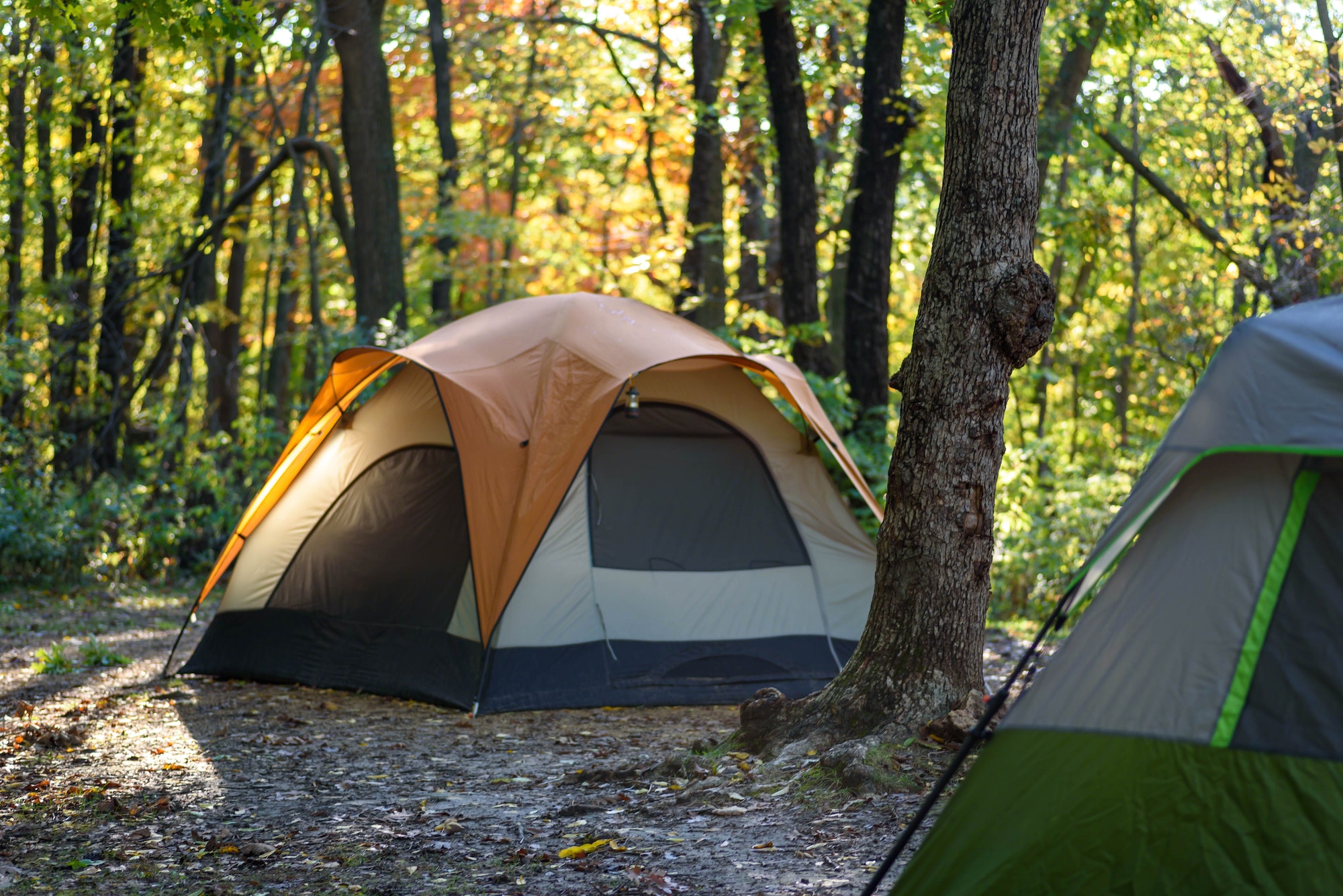
Contract for site rental in the open-air hotel industry
A site rental contract in the tourist industry refers to an agreement between the owner or operator of a tourist site (such as a campsite or caravan park) and a tenant who wishes to use this site to set up a temporary structure, such as a tent, caravan or camper van.
This type of contract is commonly found in the so-called “open-air hotel business”, which is not legally defined since it does not appear as such in the Tourism Code’s classification of accommodation.
On the other hand, this notion mainly refers to camping and caravanning sites, as well as residential leisure parks, which are themselves classified in the French Tourism Code.
Legal status of site rental contracts
The contract is legally classified as a lease (louage de choses) based on article 1709 of the French Civil Code and the obligations it entails, namely the obligation to allow the tenant to enjoy the site in return for payment of rent.
The notion of ” site ” presupposes that the space made available is suitable for the installation of movable property used as a dwelling, it being specified that sites are located on land developed for this purpose, i.e. on camping and caravanning sites, and on residential leisure parks.
As specified in article D 331-1-1 of the French Tourism Code, camping and caravanning sites are intended to accommodate :
- Tents: articles R 111-32 to R 111-35 of the French Urban Planning Code refer to camping, which is mainly carried out with tents;
- Caravans: article R 111-47 of the French Urban Planning Code defines caravans as inhabitable land vehicles intended for temporary or seasonal occupation for leisure purposes, and which retain permanent means of mobility enabling them to move by themselves or to be moved by traction. This definition includes motor homes;
- Residential mobile homes (mobile-homes): article R 111-41 of the French Town Planning Code specifies that these are habitable land vehicles intended for temporary or seasonal occupation for leisure purposes, which retain means of mobility enabling them to be moved by traction, but which the Highway Code prohibits from being driven;
- Light leisure dwellings (HLL): Article R 111-37 of the French Urban Planning Code defines these as dismountable or transportable structures intended for temporary or seasonal occupation for leisure purposes.
Residential leisure parks governed by the provisions of article D. 333-3 of the French Tourism Code are sites specially designed to accommodate mainly light leisure dwellings (HLL). When residential leisure parks rent out pitches “under a hotel regime”, as defined in article D 333-4 of the Code du Tourisme, the pitches rented may include :
- HLLs,
- Mobile leisure homes (mobile homes),
- Caravans.
Specific legal regime applicable to pitch rental
The rules of ordinary contract law, as well as those of consumer law when the individual lessee is a consumer, which is generally the case, obviously apply to the conclusion and performance of the pitch rental contract.
However, a number of special rules set out in the French Tourism Code also apply.
These rules derive from the Decree of December 24, 2014 on prior consumer information in open-air hotel establishments including, within the meaning of its Article 1, the following establishments:
- camping or caravanning sites ;
- residential leisure parks operated under a hotel regime.
In the following articles, this decree defines the various obligations borne by tourism professionals:
- Article 2: an obligation to display the prices of the services they market at the entrance to the establishment: “At the entrance to each establishment, at the customer reception area and at the marketing area, including online, the prices, including all taxes, of the services they market are clearly and legibly displayed”.
- Article 3: a specific obligation for year-round site rentals intended for the installation of caravans, mobile leisure homes and light leisure dwellings to communicate various mandatory information, on a durable medium, to the consumer with whom the trader contracts: “Prior to the conclusion of the rental contract, the trader shall provide the consumer, on a durable medium, with the following information:
- the duration and price of the rental, and the terms of payment ;
- the conditions for renewing and modifying the contract, specifying how the rent is to be increased;
- early termination terms, including any charges or penalties and the notice period;
- the price of essential services and equipment (…) as well as the supply of water, electricity and gas;
- where applicable, the price of any ancillary services marketed.”
Finally, a decree dated February 17, 2014 defined, in particular, an obligation on the part of the operator of a campsite or residential leisure park to deliver specific information to tenants by providing them with an information notice prior to the conclusion of the contract, which must include various elements defined in its Annex II, notably on the content of the contract called for to be concluded as well as on the identification of the owner of the accommodation.
In any event, if you would like to obtain a legal opinion specific to your case, or to obtain further information on how to break travel and holiday sales contracts, or on cancellation insurance, our lawyers are at your disposal to answer all your questions and advise you.
Our meetings can be held face-to-face or by videoconference. You can make an appointment directly online at www.agn-avocats.com.
AGN AVOCATS – Tourism Law Department
09 72 34 24 72






